I am working on a flask app based on http://code.tutsplus.com/tutorials/intro-to-flask-signing-in-and-out--net-29982.
As part of the tut I'm trying to connect to a postgres server, with a structure as in the screenshot. I've added a db 'flask' which you can see.
Based on the tut I have the following code in my main file ('routes.py'):
from flask.ext.sqlalchemy import SQLAlchemy
from flask import Flask
app = Flask(__name__)
app.config['SQLALCHEMY_DATABASE_URI'] = "postgresql://postgres:123@localhost/flask"
db = SQLAlchemy(app)
from models import User
# db.init_app(app)
db.create_all()
db.session.commit()
admin = User('admin', 'admin@example.com', 'admin1', 'admin1@example.com')
guest = User('admi2', 'admin@ex1ample.com', 'admin', 'admin2@example.com')
# guest = User('guest', 'guest@example.com')
db.session.add(admin)
db.session.add(guest)
db.session.commit()
models.py:
from flask.ext.sqlalchemy import SQLAlchemy
from werkzeug import generate_password_hash, check_password_hash
db = SQLAlchemy()
class User(db.Model):
__tablename__ = 'users'
uid = db.Column(db.Integer, primary_key = True)
firstname = db.Column(db.String(100))
lastname = db.Column(db.String(100))
email = db.Column(db.String(120), unique=True)
pwdhash = db.Column(db.String(54))
def __init__(self, firstname, lastname, email, password):
self.firstname = firstname.title()
self.lastname = lastname.title()
self.email = email.lower()
self.set_password(password)
def set_password(self, password):
self.pwdhash = generate_password_hash(password)
def check_password(self, password):
return check_password_hash(self.pwdhash, password)
When run the debugger gives:
sqlalchemy.exc.ProgrammingError: (psycopg2.ProgrammingError) relation "users" does not exist
LINE 1: INSERT INTO users (firstname, lastname, email, pwdhash) VALU...
^
[SQL: 'INSERT INTO users (firstname, lastname, email, pwdhash) VALUES (%(firstname)s, %(lastname)s, %(email)s, %(pwdhash)s) RETURNING users.uid'] [parameters: {'lastname': 'Admin@Example.Com', 'firstname': 'Admin', 'pwdhash': 'pbkdf2:sha1:1000$eZvJNKHO$64f59c34364e3d6094d126fa3ca2b327ab39e302', 'email': 'admin1'}]
What am I doing wrong?
